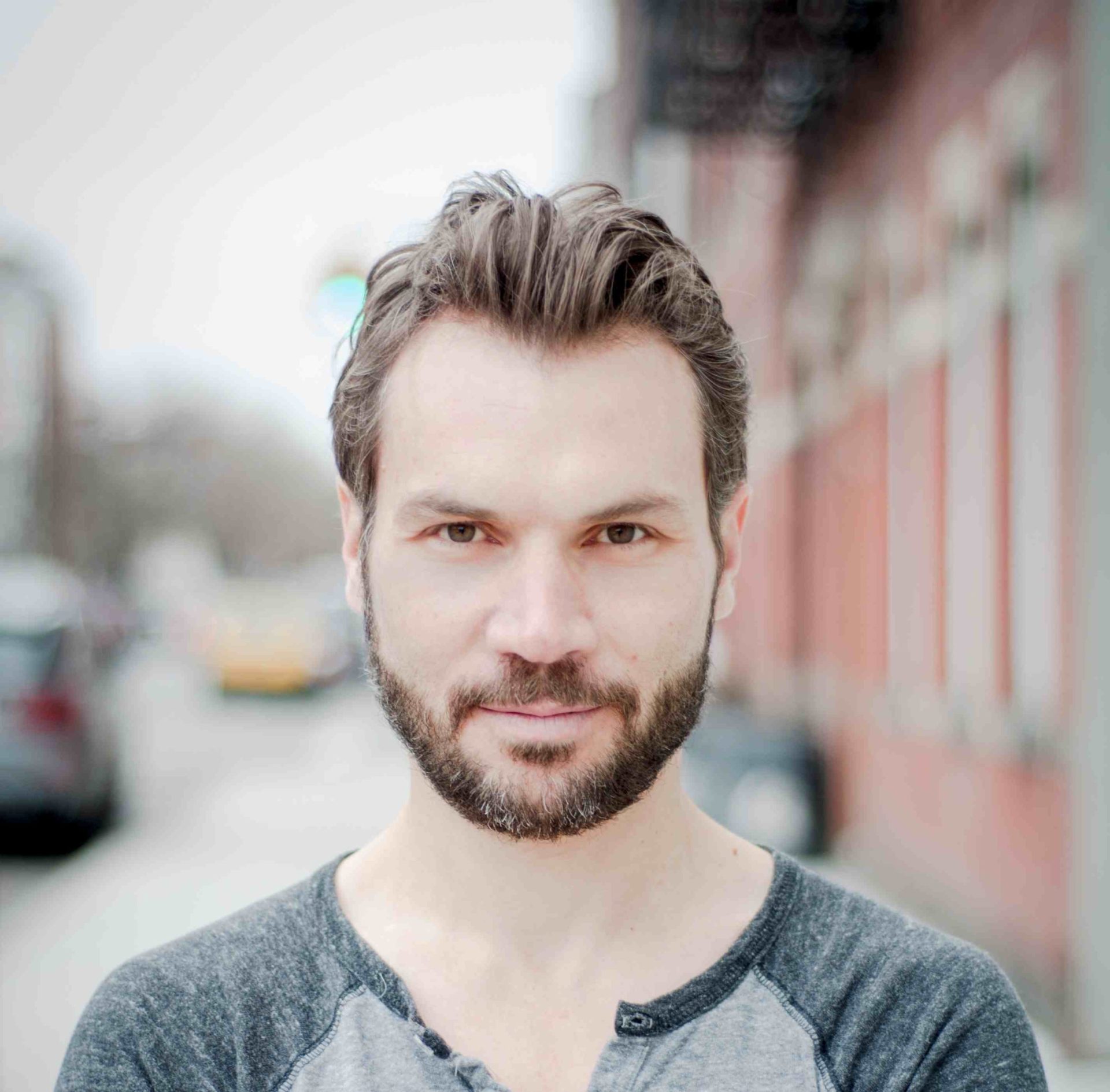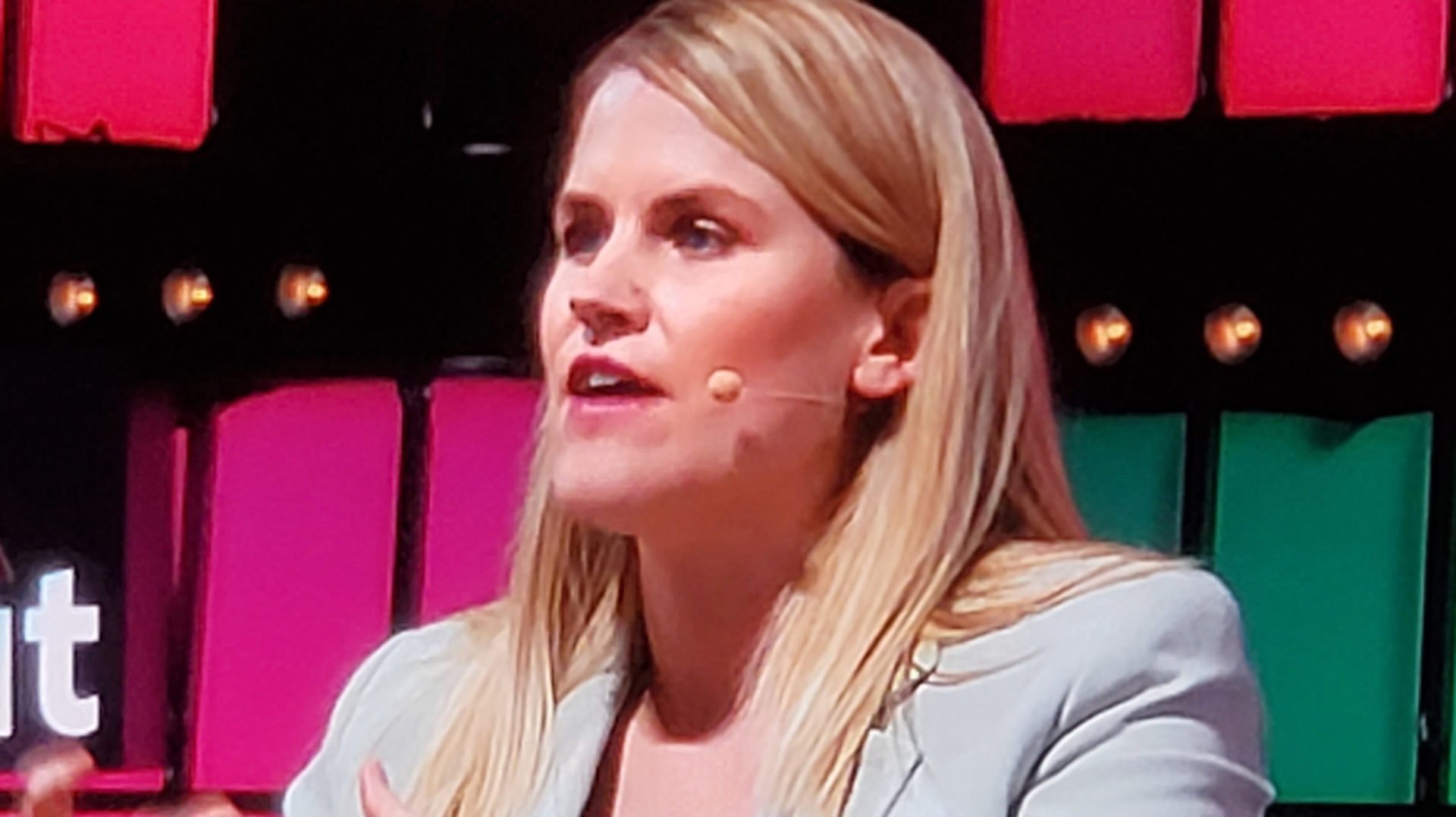Twitter’s chief lawyer, Alexander Macgillivray, believes that defending free speech is smart business. The company has been tenacious in its efforts to keep governments’ prying eyes away from user content, and is still resisting a Manhattan court order to turn over the account activity of an Occupy protestor. “We value the reputation we have for defending and respecting the user’s voice,” says Macgillivray in a New York Times profile by Somini Sengupta. But Twitter may soon face pressures, both financial and regulatory, that render such idealism inoperable. Industry observers wonder how the company will navigate corporate responsibility in an Internet era. Just this summer, Twitter suspended a journalist for using his feed to criticize corporate partner NBC, forcing Macgillibray to backpedal and then reverse the suspension.
Social media companies whose revenue streams depend increasingly on advertising dollars face a conundrum: How do you protect profits while at the same time protecting user content? For now, Twitter remains the preferred platform for activists and free-speech advocates, from Arab Spring to Anonymous. But this standing may be untenable, despite the company’s best intentions.
Can Twitter Hold Out as Defender of Free Speech?
Twitter's chief lawyer, Alexander Macgillivray, believes that defending free speech is smart business. The company has been tenacious in its efforts to keep governments' prying eyes away from its users' content, and is still resisting a Manhattan court order to turn over the account activity of an Occupy protestor. "We value the reputation we have for defending and respecting the users' voice," says Macgillivray. But Twitter may soon face pressures, both financial and regulatory, that render such customer-facing idealism inoperable. Industry observers wonder how the company will navigate corporate responsibility in an Internet era.














